The project seeks to establish a reliable source of rare earth elements, essential for electric vehicles, renewable energy, and the defense industry.
Strategic Resource in Eneabba
Located north of Perth, Eneabba hosts deposits owned by Iluka Resources, which primarily mines zirconium. The site also contains in-demand rare earth elements such as dysprosium and terbium, used in electric vehicle magnets, wind turbines, and defense systems.
Breaking China’s Grip
Rare earth elements have drawn attention this year after China tightened its export controls. Ford temporarily halted production of its Explorer SUV at its Chicago plant, prompting global automakers to recognize vulnerabilities in the supply chain. China currently controls the majority of production and processing, allowing it to restrict supply at will.
Iluka CEO Tom O’Leary McGrath stated that the refinery would take at least two years to complete, adding: “We hope to meet a significant portion of the West’s demand for rare earth elements. An independent, secure, and sustainable supply chain outside of China is critical for our customers’ business continuity.”
Mining is only the first step; the real challenge lies in separation and processing. Because rare earth elements are chemically similar, refining involves dozens of stages and produces radioactive waste. Professor Jacques Eksteen of Curtin University noted that Australia’s high environmental standards will allow the process to be managed responsibly.
Australia’s Resources Minister Madeleine King emphasized that relying on a single supplier for rare earth elements is a national security issue. Western governments view Australia as a key alternative source, with demand for rare earth elements expected to rise by 50–170% by the end of the decade.
The project seeks to establish a reliable source of rare earth elements, essential for electric vehicles, renewable energy, and the defense industry.
Strategic Resource in Eneabba
Located north of Perth, Eneabba hosts deposits owned by Iluka Resources, which primarily mines zirconium. The site also contains in-demand rare earth elements such as dysprosium and terbium, used in electric vehicle magnets, wind turbines, and defense systems.
Breaking China’s Grip
Rare earth elements have drawn attention this year after China tightened its export controls. Ford temporarily halted production of its Explorer SUV at its Chicago plant, prompting global automakers to recognize vulnerabilities in the supply chain. China currently controls the majority of production and processing, allowing it to restrict supply at will.
Iluka CEO Tom O’Leary McGrath stated that the refinery would take at least two years to complete, adding: “We hope to meet a significant portion of the West’s demand for rare earth elements. An independent, secure, and sustainable supply chain outside of China is critical for our customers’ business continuity.”
Mining is only the first step; the real challenge lies in separation and processing. Because rare earth elements are chemically similar, refining involves dozens of stages and produces radioactive waste. Professor Jacques Eksteen of Curtin University noted that Australia’s high environmental standards will allow the process to be managed responsibly.
Australia’s Resources Minister Madeleine King emphasized that relying on a single supplier for rare earth elements is a national security issue. Western governments view Australia as a key alternative source, with demand for rare earth elements expected to rise by 50–170% by the end of the decade.


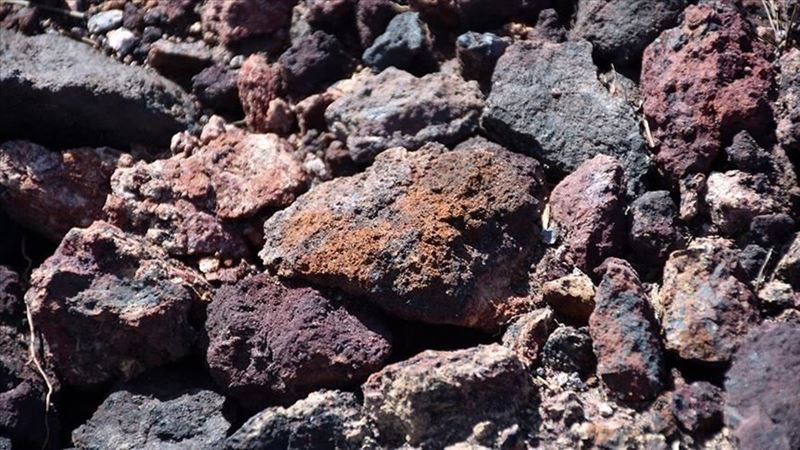

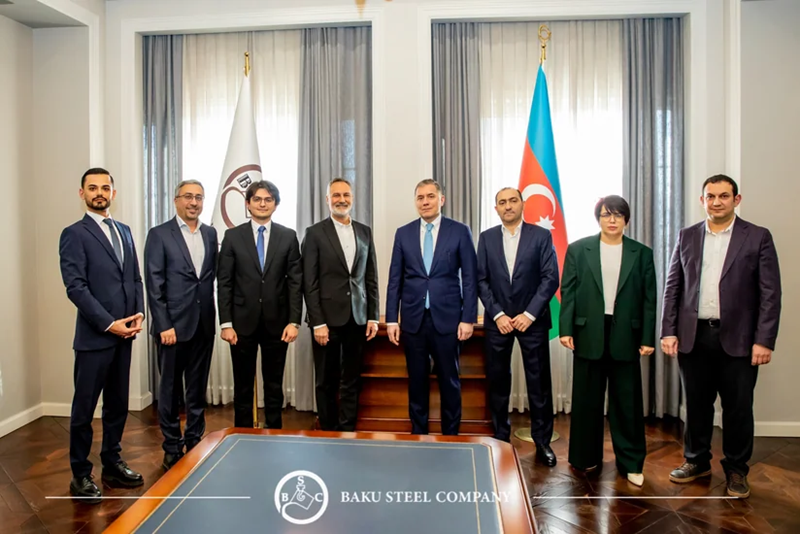
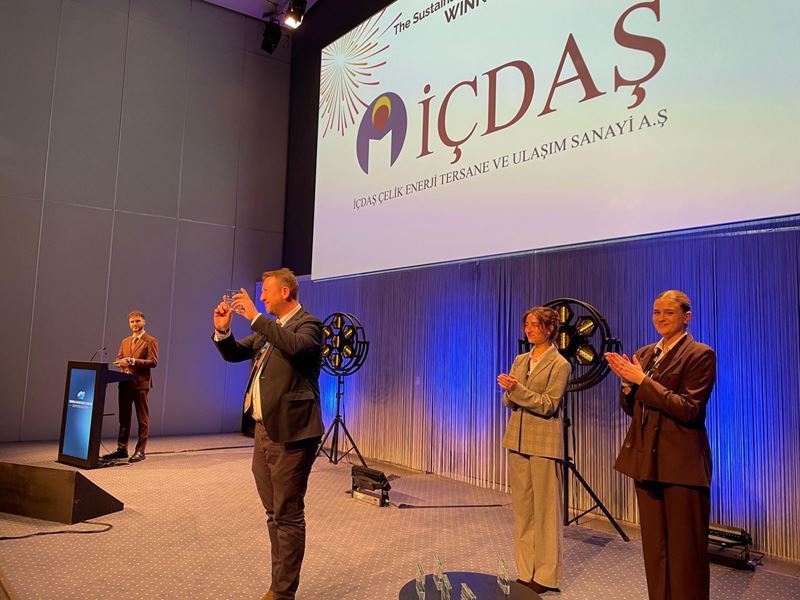

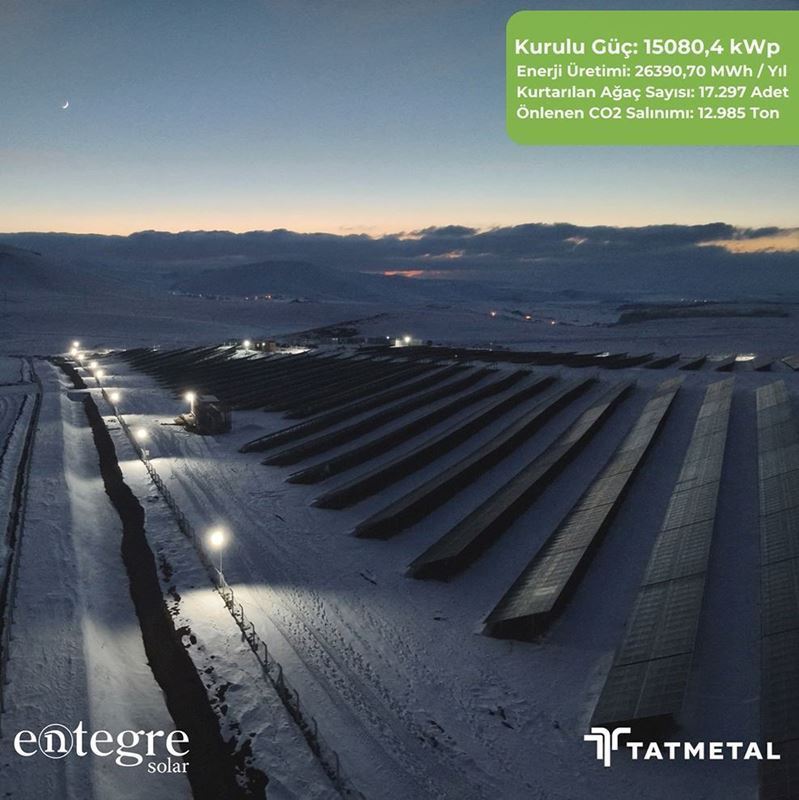
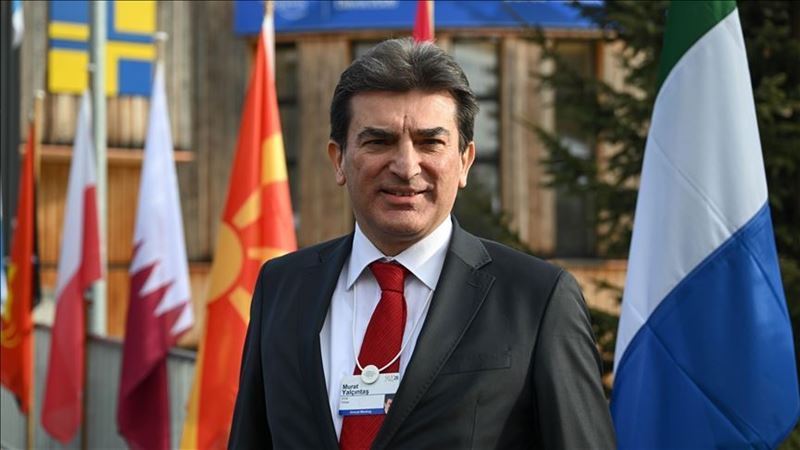


Comments
No comment yet.